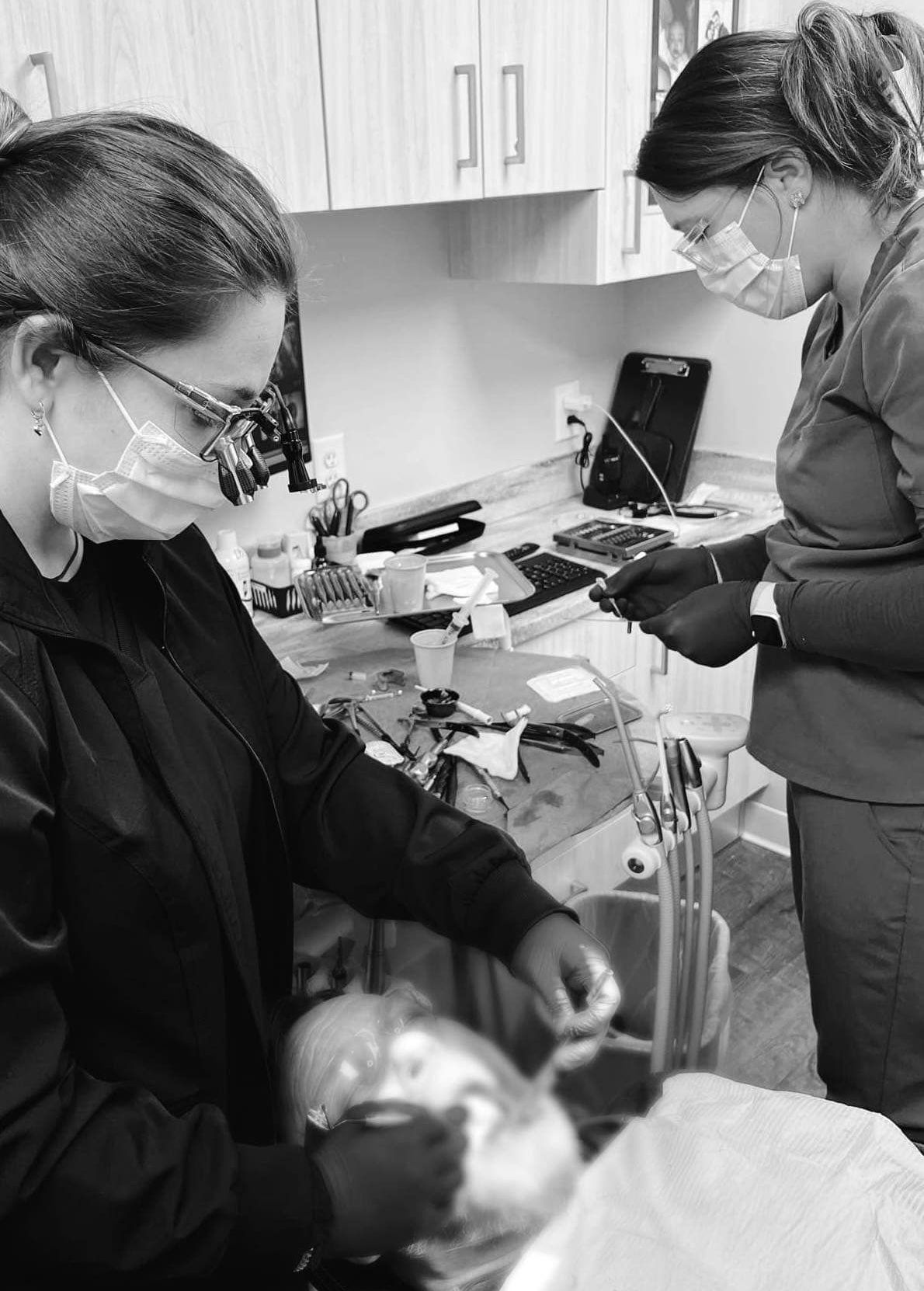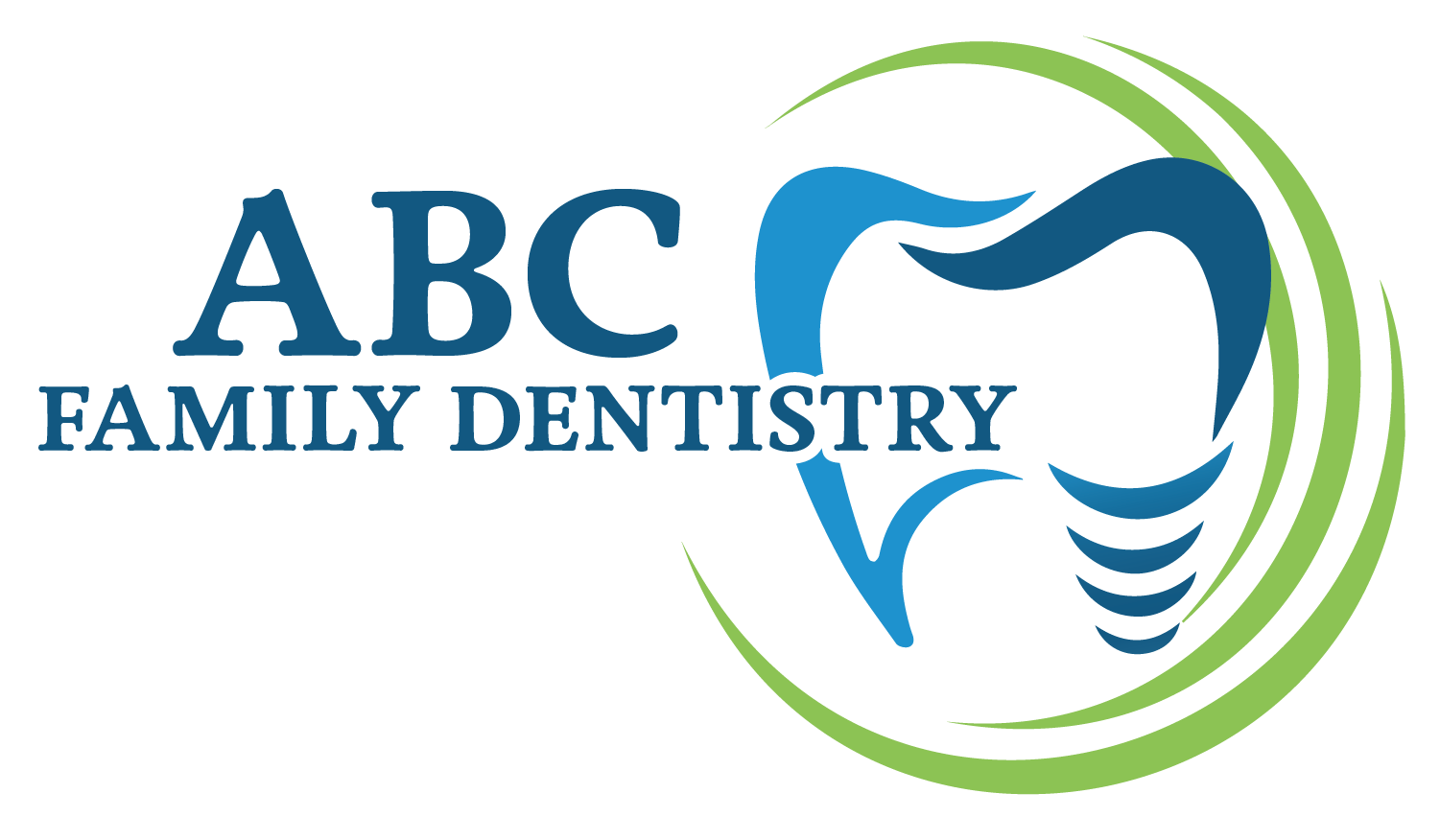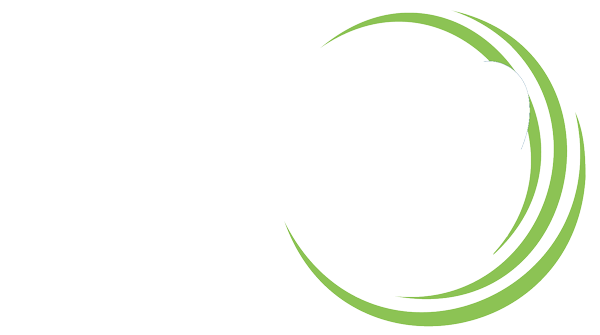Post-Op Instructions
Caring for Your New Filling
After getting a filling, it's important to give it time to set. For the next 1 to 2 hours, avoid chewing on the side where the filling was placed. This allows the material to harden properly. You might also experience some sensitivity to hot, cold, or pressure for a few days, which is completely normal. If it persists beyond a week or worsens, please reach out to us. When eating, be gentle and steer clear of sticky or hard foods that could damage your filling.
Also, when brushing and flossing, take extra care around the treated area. If your filling feels uneven or uncomfortable, don’t hesitate to contact our office for a quick adjustment. Lastly, remember to keep up with your regular dental visits so we can monitor your filling and overall dental health.
CARING FOR YOUR CROWNS AND BRIDGES
1, Be Cautious with Temporaries
2, Brush & Floss Carefully
3, Some Sensitivity Is Normal
4, Avoid Problem Foods
5, Let Us Know If Something Feels Off
6, Regular Check-Ups

Caring for Your Root Canal Treatment
After your root canal, it's important to take a few precautions to ensure a smooth recovery. Avoid chewing on the treated tooth until it’s fully restored with a permanent crown or filling to protect it from damage. You might experience some mild discomfort, such as soreness or sensitivity, which is completely normal. Over-the-counter pain relievers and a cold compress can help ease any swelling.
Be mindful of your diet—steer clear of hard, crunchy, or sticky foods that could irritate the healing tooth. Lastly, keep the area clean by gently brushing and flossing around the treated site, but be careful not to disturb it. Your comfort and healing are our top priorities at ABC Family Dentistry!
Tooth Extractions
Your Guide to a Smooth Recovery After Tooth Extractions
Traditional Dentures: What to Expect
Getting used to your new dentures can take some time. Expect a bit of soreness or discomfort initially as your mouth adjusts. This is completely normal and should improve as you wear them more. Remember to follow your dentist’s instructions on when to wear your dentures—typically most of the day—but always take them out at night to allow your gums to rest.
Keeping your dentures clean is essential; remove them after each meal and give them a thorough cleaning to eliminate food particles and prevent plaque buildup. Be mindful of what you eat; avoid sticky, hard, or crunchy foods that could damage your dentures or irritate your gums. Cutting food into small pieces and chewing slowly can help. If your dentures feel loose or uncomfortable, don’t hesitate to reach out to us for an adjustment. A proper fit is crucial for your comfort and functionality.
Take Care of Your Jaw
TMJ and TMD: Your Guide to Relief
Be Gentle with Your Jaw
Use Ice & Heat
Sleep Apnea Management
Tips for Better Sleep
1, Use Your Device Every Night
2, Avoid Sleep Disruptors
3, Expect an Adjustment Period
4, Keep Your Device Clean
5, Let Us Know If You Have Trouble
Caring for Your New Veneers
Congratulations on your new veneers! To ensure they last and look their best, follow these simple guidelines. First, let them set by waiting at least 30 minutes before indulging in any food or drink. This allows the bonding material to fully set. For the first 24 hours, be mindful of what you eat and drink—steer clear of hard, sticky, or stain-causing items like coffee, red wine, and dark sauces.
You might also experience some sensitivity to hot or cold; this is completely normal and should ease over time. Lastly, keep your veneers sparkling clean by brushing and flossing gently every day, avoiding too much pressure around the treated area. Enjoy your beautiful smile!
Bonding Care Tips
Essential Aftercare for Your Bonding
1, Let the Bonding Set
2, Avoid Certain Foods & Drinks
3, Sensitivity Is Normal
4, Be Gentle When Cleaning
Teeth Whitening Aftercare Tips
To maintain your bright smile after teeth whitening, here are some essential tips to follow. For the next 24 to 48 hours, steer clear of staining foods and drinks like coffee, tea, red wine, berries, and dark sauces. It's also normal to experience some sensitivity to hot or cold; this should subside within a few days.
Continue your daily brushing and flossing routine, but opt for a gentle toothpaste to avoid irritation. Lastly, try to avoid smoking and tobacco products, as they can quickly dull your new smile.
Restorative Composites Care
What to Expect After Your Filling
1, Give It Time to Set
2, Expect Some Sensitivity
3, Be Careful What You Eat
4, Brush & Floss Gently
5, Avoid Hard Foods
6, Let Us Know If It Feels Uneven
Bone Grafting Care
Maintaining Aftercare Tips
1, Be Gentle with the Area
2, Don’t Disturb the Sutures
Caring for Your Frenectomy Site
After your frenectomy, it's important to follow these guidelines to ensure a smooth healing process. Avoid touching the treated area with your fingers or tongue to prevent irritation. Mild discomfort, such as swelling or soreness, is normal, and over-the-counter pain relievers can help.
Keep the area clean by gently rinsing with warm salt water after meals, and stick to soft, cool foods for a few days. If you notice excessive pain or signs of infection, please reach out to us immediately. Your comfort and health are our top priorities!

